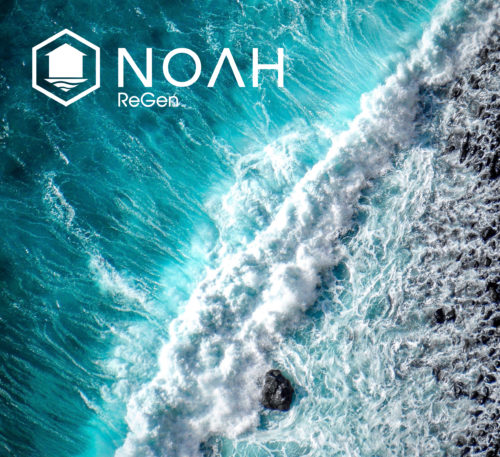A climate emergency is underway, and societies and economies are suffering, especially in coastal areas. Healthy coastal ecosystems provide protection from natural hazards, coastal erosion, and rising sead properly. Through Blue Carbon finance and decentralized certification by the World Ocean Council (WOC) with funding from NOAH ReGen and other partners, projects can be established that will boost ESG investment.
The blue revolution started with projects in Panama, Dominican Republic, Antigua, and Barbuda. ‘Blue carbon’ sinks like mangrove forests, seagrass beds and subsoils, and other vegetated ocean habitats are up to five times as effective as tropical forests at sequestering carbon.
Frédéric Degret is CEO of NOAH ReGen: empowering climate change solutions through economic growth. He says that by unlocking and monetizing stored Blue carbon, coastal communities can become the trailblazers of a regenerative Blue Economy that the OECD predicts will be worth $3 trillion by 2030.
“This mechanism will use a blockchain register to hold the certified impact measurement report – and revenues will be reinvested into coastal and island territories to fund their transitions into the circular economy,” he said.
Recognized as Europe’s most innovative company for the ocean, NOAH ReGen is also a co-founder of the Atlantic Smart Ports Blue Acceleration Network (AspBAN) funded by the European Maritime & Fishery Fund. NOAH has signed partnerships with the UN World Tourism Organization, carbon-negative Panama as a pilot country for off-grid solutions generating additional blue carbon, and the Federación Latinoamericana de Ciudades, Municipios y Asociaciones de Gobiernos Locales (FLACMA, representing 16,500 municipalities in Latin America).
Having kick-started the Blue Revolution, NOAH has been approached by several island states and coastal countries to provide agency for their transition, achieved through the integrated operations of six interconnected, mutually empowered ESG platforms comprising financial; advisory; certification; digital; accelerator; and industrial sectors.
Funds raised from projects will act as collateral to generate a cascade of ESG investment and carbon sequestration in developing countries, through the Blue Carbon Bank and the Blue Climate Fund currently under development, the ESG Carbon Token, a digital Marketplace and an ESG Carbon Exchange.

